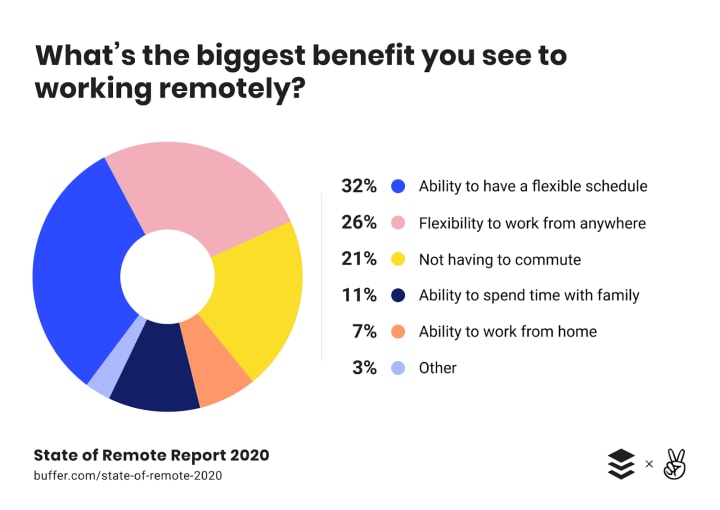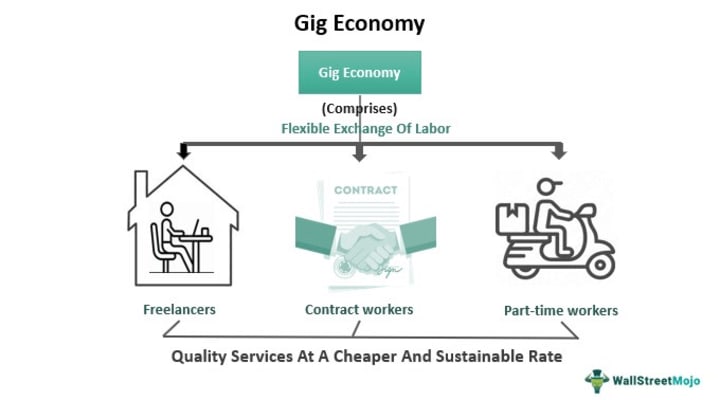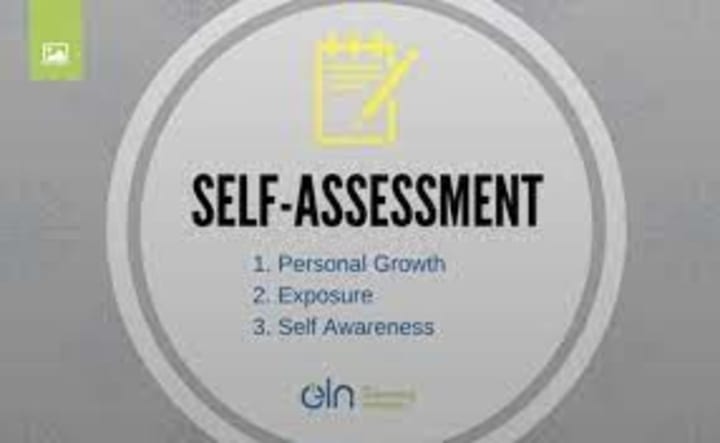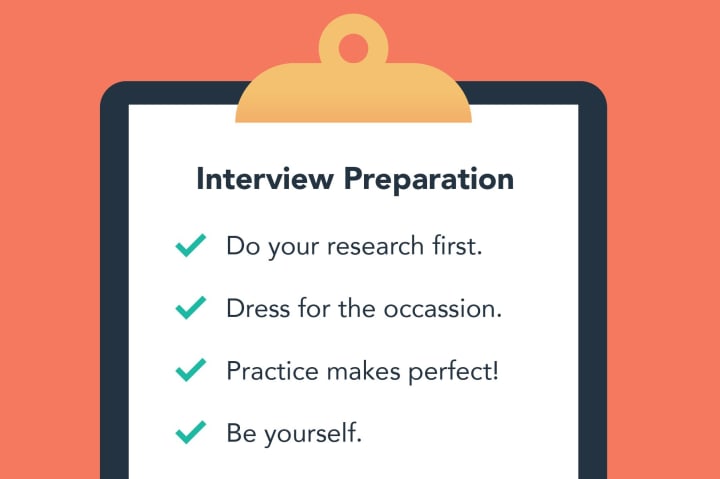Exploring Career Opportunities: Navigating the Job Market
Job Market

I. Introduction
A. Brief Overview of the Job Market
The job market has undergone significant changes in recent years with the rise of technology and the gig economy. From traditional 9-5 office jobs to freelance and remote work opportunities, job seekers have a wide range of options to choose from. Despite these changes, competition for jobs remains fierce and job seekers need to be proactive in their search for the best career opportunities.
B. Purpose of the Blog
The purpose of this blog is to provide job seekers with an overview of the job market and the skills and strategies they need to succeed in their job search. We will explore the different types of job opportunities available, assess your skills and interests, and provide tips for a successful job search and interview. The goal is to help job seekers make informed decisions about their careers and find fulfilling job opportunities that match their skills and interests.
Whether you're just starting your career or looking to make a change, this blog will provide you with the information and resources you need to succeed in the job market. So, let's dive in and start exploring the exciting world of career opportunities!
II. Understanding the Job Market
A. Types of Job Opportunities

1. Traditional Job Market
The traditional job market refers to the standard full-time employment model where an employee works for a single employer in a set location, typically in an office setting. This type of job offers stability, benefits, and a set schedule.
2. Freelance/Gig Economy

The freelance or gig economy refers to a growing trend of workers who offer their services on a project or gig basis. This type of work often involves flexible hours and locations, but may also lack stability and benefits.
3. Remote Work
Remote work refers to the ability to work from anywhere, without being confined to a traditional office setting. This type of work has gained popularity in recent years, and many companies now offer remote work options for their employees.
B. Industry Trends

1. Fastest Growing Industries
In recent years, industries such as technology, healthcare, and renewable energy have seen significant growth. Job seekers in these industries can expect strong demand for their skills and a competitive job market.
2. Future Job Market Predictions
Experts predict that the job market will continue to evolve, with an emphasis on technology, automation, and the gig economy. Job seekers will need to stay up-to-date with the latest industry trends and technology in order to remain competitive in the job market.
In conclusion, understanding the job market is essential for job seekers to make informed decisions about their careers. Whether you're looking for stability in a traditional job, the flexibility of freelance work, or the ability to work from anywhere, there are a variety of options available in today's job market.
III. Self-Assessment

A. Importance of Knowing Your Skills and Interests
Before starting your job search, it's important to have a clear understanding of your skills and interests. This self-awareness will help you identify the best career opportunities and make informed decisions about your job search.
B. Identifying Transferable Skills
Transferable skills are abilities that can be applied in a variety of industries and job roles. For example, strong communication skills, leadership abilities, and problem-solving skills are all transferable skills that can be applied in a range of careers. Identifying your transferable skills can help you expand your job search and find new career opportunities.
C. Taking Online Assessments
Online assessments can provide valuable insights into your skills and interests, and help you identify the best career opportunities for you. There are a variety of online assessments available, including personality tests, skills assessments, and interest assessments. These assessments can be a valuable tool in your job search, and help you make informed decisions about your career path.
In conclusion, self-assessment is an important step in your job search. By understanding your skills and interests, identifying your transferable skills, and taking online assessments, you'll be well on your way to finding the best career opportunities for you.
IV. Job Search Strategies

A. Creating a Strong Resume and Cover Letter
A well-written resume and cover letter are essential components of a successful job search. Your resume should highlight your skills and experiences, and show why you're the best candidate for the job. Your cover letter should provide a personal touch and explain why you're interested in the company and the job opportunity.
B. Utilizing Job Search Engines
Job search engines like Indeed, LinkedIn, and Glassdoor can be valuable resources in your job search. These engines can help you find job opportunities that match your skills and interests and provide information about the company and the job.
C. Networking
1. Importance of Building Professional Relationships
Networking is a valuable tool in your job search. Building professional relationships with colleagues, classmates, and industry professionals can help you stay informed about job opportunities, get advice on your job search, and find new career opportunities.
2. Utilizing Social Media
Social media platforms like LinkedIn, Twitter, and Facebook can be valuable resources for networking and finding job opportunities. Utilizing these platforms to build your professional network, connect with industry professionals, and follow companies and job boards can help you stay informed about job opportunities and make valuable connections.
D. Attending Job Fairs and Events
Attending job fairs and events is another great way to meet industry professionals and find job opportunities. These events can provide valuable information about the job market, industry trends, and the companies that are hiring.
In conclusion, job search strategies are essential for job seekers to be successful in their job search. Whether you're creating a strong resume and cover letter, utilizing job search engines, networking, or attending job fairs and events, these strategies can help you find the best career opportunities and succeed in the job market.
V. Interview Preparation

A. Researching the Company
Before your interview, it's important to research the company and learn as much as you can about the job opportunity. This information can help you tailor your responses to the interviewer's questions and show your genuine interest in the company and the job.
B. Common Interview Questions
Preparing for common interview question is an essential part of interview preparation. Some common interview questions include "Tell me about yourself," "Why are you interested in this position?" and "What are your strengths and weaknesses?" Practice answering these questions and others to feel more confident during the interview.
C. Dress Code and Demeanor
Your dress code and demeanour are important factors in your interview. Dress professionally and make sure your clothing is clean and well-maintained. Your demeanour should be confident and professional, and you should make eye contact and shake hands with the interviewer.
D. Follow-Up Etiquette
After the interview, it's important to follow up with the interviewer. This can be done with a thank-you email, a phone call, or a handwritten note. The follow-up shows your appreciation for the interviewer's time and reiterates your interest in the job opportunity.
In conclusion, interview preparation is a critical step in the job search process. By researching the company, preparing for common interview questions, dressing professionally, and following up appropriately, you'll be well-prepared for your interview and have the best chance of landing the job.
VI. Negotiating Salaries

A. Understanding Your Worth
Before negotiating your salary, it's important to understand your worth in the job market. Consider your skills, experience, education, and the demands of the job to determine a fair salary range.
B. Doing Research on Average Salaries
Researching average salaries for similar positions in your area can help you determine a fair salary range for the job you're applying for. You can find this information on websites such as Glassdoor, Payscale, or the Bureau of Labor Statistics.
C. Preparation for Salary Negotiations
Preparation is key when it comes to salary negotiations. Know the salary range you're seeking and be prepared to justify why you're worth that amount. Consider the benefits the company is offering and be open to negotiating other benefits if the salary offered is lower than you hoped.
In conclusion, negotiating salaries is an important part of the job search process. By understanding your worth, researching average salaries, and preparing for salary negotiations, you'll be able to negotiate the best possible salary for your next job.
VII. Conclusion
A. Recap of Key Takeaways
In this blog, we have covered the job market, including types of job opportunities, industry trends, self-assessment, job search strategies, interview preparation, and salary negotiations. The key takeaways from this blog include the importance of understanding your skills and interests, utilizing job search engines and networking, preparing for the interview, and negotiating your salary.
B. Final Thoughts on Navigating the Job Market
Navigating the job market can be challenging, but with the right preparation and strategy, it can also be a rewarding experience. Take the time to understand your skills and interests, research the job market and the company, and prepare for the interview. Don't be afraid to negotiate your salary and benefits, and always follow up after the interview. By following these tips, you'll increase your chances of finding the best career opportunities and reaching your professional goals.
In conclusion, this blog provides a comprehensive guide to exploring career opportunities and navigating the job market. We hope it has been helpful in your job search journey and wish you the best of luck in your future endeavours.
About the Creator
Nisha Suman
Look at the sky. We are not alone. The whole universe is friendly to us and conspires only to give the best to those who dream and work.
A. P. J. Abdul Kalam






Comments
There are no comments for this story
Be the first to respond and start the conversation.